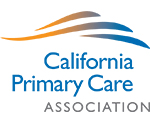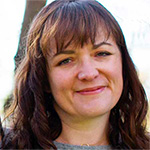In part 4 of NCEED’s Eating Disorders in Primary Care series, this webinar provides information about how best to coordinate care between healthcare settings and practices in the state of California.
Sign Up for Our Newsletter
Get the latest updates on webinars, resources, and more.








